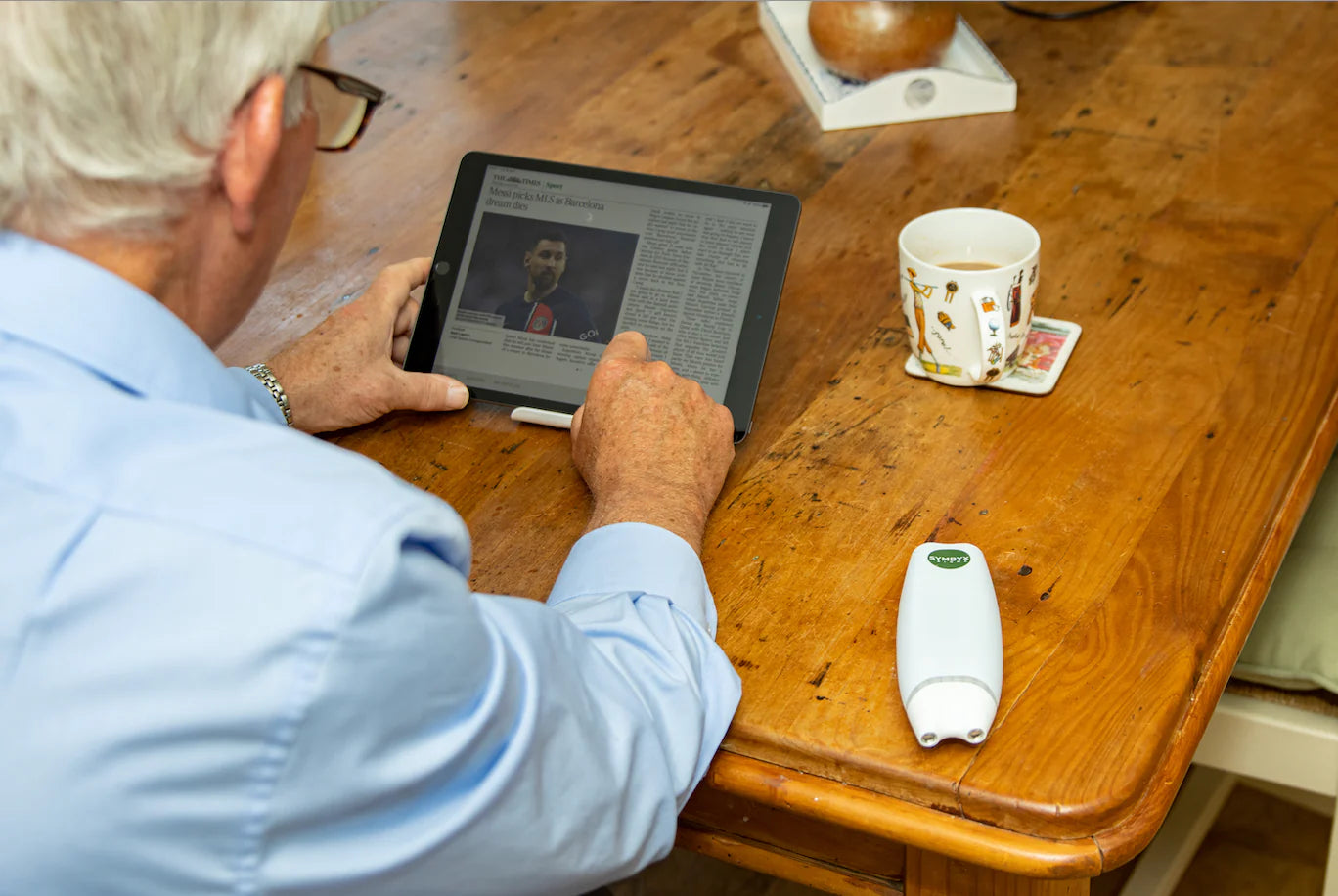What do you know about pregnancy and PD?
Again, there is limited research done. The one thing we know is that 50% of women feel worse because of pregnancy and 50% do not. But whether this is permanently worse as far as Parkinson's is concerned, or only temporarily, that is not known. In the current literature, you find mostly case reports and case series, but no large numbers of pregnancies described nor medical protocols on how to guide women. As a result, giving proper preconception advice is not possible, and health care providers do not really know what to do. This lack of knowledge also contributed to the fact that my own choice to have another baby after my diagnosis was a difficult one. I certainly didn't want my Parkinson's to deteriorate faster as a result. And, of course, I worried about medication use and the baby. But thankfully it all worked out for the best, and personally, I am convinced that with the right care and guidance, pregnancy and Parkinson's go well together.
I am extremely proud and happy that last year we were able to realise my dream of closing the knowledge gap surrounding pregnancy and Parkinson's. www.pregspark.com was launched last summer at the WPC conference. This is a large international pregnancy and Parkinson's registry, and all women in the world with Parkinson's can join. Through questionnaires, they share important information about the course of the pregnancy in combination with Parkinson's, and many share both pregnancy data as well as any significant changes in Parkinson's symptoms and medication use. After birth, information will also be gathered concerning the health of mother and child. This international registry will finally collect enough data to enable proper advice and management protocols in order to guide the young woman with Parkinson's and her loved ones.
If you could design your perfect clinical trial to progress our broad understanding of the topic, what would it look like?
I aim to set up clinical trials both on the topic of the cyclic pattern, as well as the hormonal impact on PD symptoms in perimenopausal and postmenopausal women. International collaboration will enable significant numbers. PD women need to be matched to healthy controls. Potential interventions/therapies should be tested - for example, an oral contraceptive continuous or the use of HRT (hormone replacement therapy), compared to placebo. Also the potential positive influence of yoga and medication, sports, and light therapy on a cyclic pattern in PD symptoms seem interesting to study properly.
What do you hope to achieve in your work for Women with PD?
Close the gender gap, enable guidelines to improve care for women with PD, increase awareness, achieve more funding opportunities for women studies, change the stigma and image of PD, and make sure no neurologist even will tell their female patients again they have ‘never heard of a hormonal impact in PD symptoms’, or that this does not exist.
What is the number one practical change you wish to see in how the community approaches PD for women?
Aside from what we spoke about above, just be kind to people with Parkinson's disease, because we tend to get emotional more quickly, and stress is our worst enemy. So just be kind and patient, that would be helpful.
Are there any resources or initiatives you would recommend for our readers to get involved with?
Please share my registry for women with Parkinson’s that are pregnant www.pregspark.com and in case you know of anyone pregnant, please let them visit my website. Also I hope all women visit www.yopdwomen.com to read ‘In Her Shoes’, an informative little booklet made by, and for, women with Parkinson’s.
Link to the Subramanian et al. (2022) paper: https://movementdisorders.onlinelibrary.wiley.com/doi/abs/10.1002/mds.28921




